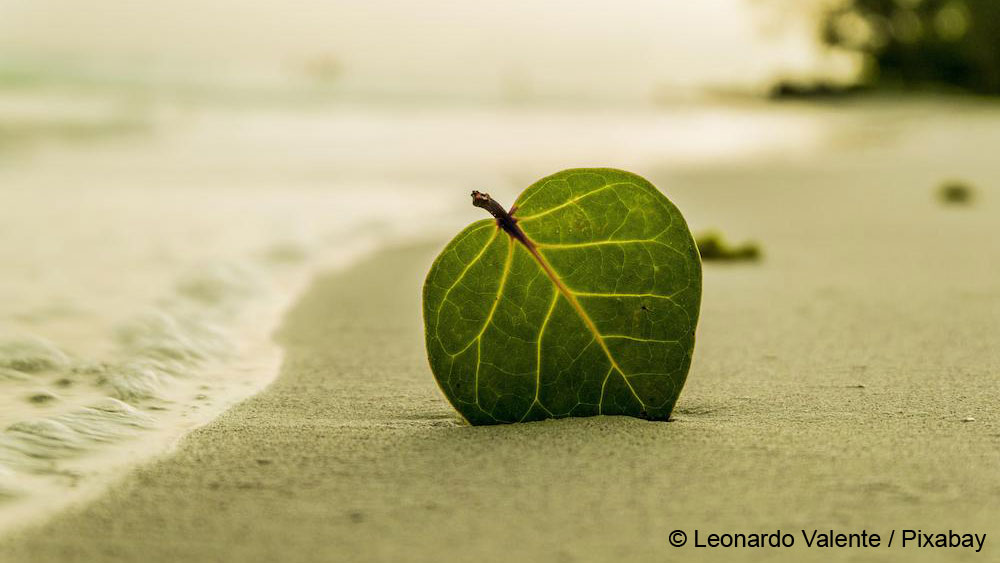Climate change is projected to put increasing pressure on natural marine ecosystems in the future, threatening a loss of biodiversity and the decline of marine wildlife. Without transitioning to sustainable and renewable seafood production methods, local communities are expected to lose a large part of their revenue from fishing activities.
The BNC solution
In this second phase of their highly successful Indonesian pilot project, Blueyou Consulting will develop investible regenerative aquaculture farms, combining shrimp production and blue carbon credits from sequestered carbon in mangroves. To attract investors and be financially viability, there was a need to grow production capacity and mangrove restoration surface area, to build on their ground-breaking pilot project for aquaculture and mangrove reforestation ,
In order to achieve this goal, the project leader’s aim is to develop 5000 hectares of fishponds containing at least 50% mangrove cover, by 2030. This large expansion of hybrid mangrove and aquaculture areas will also increase the benefits for the fishermen and investors, with the project leaders aiming to obtain the Selva Shrimp certification.
How BCAF supports this initiative
BCAF will support Blueyou in the development of long-term financial models and carbon credit accreditation, necessary for the envisioned scale up of the Selva Shrimp Indonesia Program.
Impacts created
Nature
Nature
The restoration of mangrove coverage in combination with aquaculture will add natural carbon sinks and renewable ecosystems, also reducing the need for feed and fertilizers harmful for the local environment. Mangroves also provide a natural shelter for marine wildlife and protect the coasts from erosion and extreme weather events.
People
People
The project leaders aim at strengthening the capacities of existing shrimp farmer cooperatives and combining their efforts to scale-up and meet the requirements of investors. This will benefit the local communities by providing access to a new sustainable business model and increased food production.
Business
Business
This innovative concept, combining restoration with clear revenue streams from sustainable commodity production will benefit aquaculture cooperatives and investors. The use of blue carbon credits also adds revenue to the project, paving the way for sustainable and renewable food production in Indonesian Borneo.
More information
Want to know more about why BCAF is supporting these projects? See more here:



